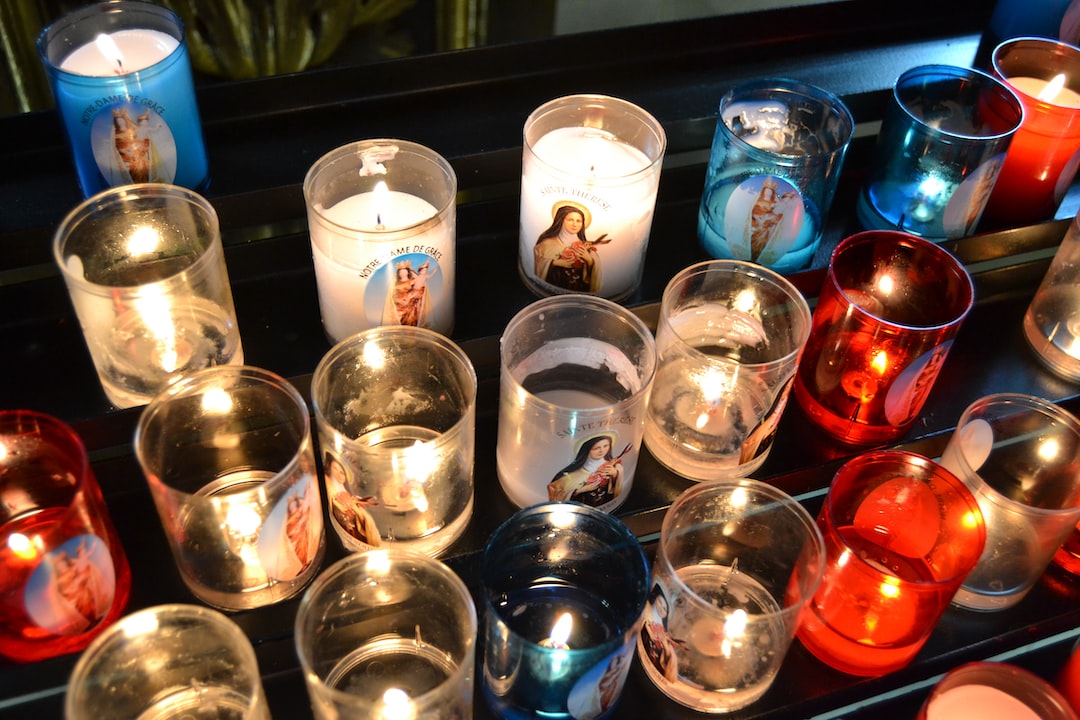The Role of Prophecy and Divination in Various Religious Traditions
Religion has been an integral part of human societies for thousands of years. Throughout history, various religious traditions have incorporated the practice of prophecy and divination as a means to seek guidance, understand the will of the divine, and predict future events. The role of prophecy and divination differs across different religions, but their common purpose is to establish a connection between the human and the divine.
Prophecy, in its simplest definition, is the communication of divine messages to humans. It takes different forms across religious traditions, such as spoken word, dreams, visions, or even through the interpretation of signs and omens. One of the best-known examples of prophecy in religious history is that of the biblical prophets in Judaism and Christianity.
In the Jewish tradition, prophets were revered as individuals chosen by God to deliver His messages to the people. They acted as intermediaries between the divine and the human, conveying warnings, guidance, and revelations regarding future events. Major figures like Isaiah, Jeremiah, and Ezekiel played crucial roles in shaping the religious and moral landscape of Judaism.
Similarly, in Christianity, the prophetic tradition is rooted in the teachings of Jesus Christ. According to the New Testament, Jesus himself was considered the ultimate prophet, with his disciples going on to spread his messages and predictions of the coming kingdom of God. Prophecy continues to be an important element for many Christian denominations, with individuals claiming to have the gift of prophecy to this day.
In other religious traditions, like Islam, prophecy also holds great significance. Muslims believe that the Prophet Muhammad was chosen by Allah to be the last and final prophet, delivering the teachings contained in the Quran. Muhammad’s prophecies, teachings, and revelations are considered sacred, guiding Muslims in matters of faith, law, and ethics.
Divination, on the other hand, refers to the practice of seeking knowledge of the future or the unknown through ritualistic means. It plays a vital role in various religious traditions, often providing guidance and insight into personal or collective concerns. Divination methods can vary greatly, ranging from the interpretation of astrology, tarot cards, tea leaves, or even speaking to an oracle.
In the ancient Roman and Greek civilizations, divination played a central role. The Romans, for instance, employed a variety of divination techniques, including reading the entrails of animals, examining the flight patterns of birds, and interpreting thunder and lightning as signs from the gods. Such practices were seen as a means to help individuals make important decisions, predict the outcome of battles, or unravel the desires of the gods.
In African traditional religions, divination is deeply ingrained and takes many forms. Diviners, often considered intermediaries between the spiritual and human worlds, employ methods like casting cowrie shells, throwing bones, or reading patterns in sand and soil. Divination is used to seek advice, resolve disputes, diagnose illnesses, and connect with ancestors.
The Chinese religion of Taoism also holds divination in high regard. The I Ching, or Book of Changes, is a revered Taoist text that offers divinatory guidance. It is based on the principle of yin and yang and is consulted through the casting of coins or yarrow stalks. The interpretations of the resulting hexagrams provide philosophical insight and guidance on matters of personal and social importance.
It is important to note that while prophecy and divination are widely practiced in various religious traditions, opinions on their validity, ethics, and interpretations may vary greatly within each belief system. Skeptics often view prophecy and divination as fallacious or superstitious, while others see them as authentic means of connecting with the divine.
At its core, prophecy and divination serve as tools for seeking guidance, understanding, and predicting the future in the context of religious belief. They bring individuals closer to the divine, offering insights into the inner workings of the world and a sense of comfort and security in uncertain times. Ultimately, the role of prophecy and divination in religious traditions is one that facilitates a deep spiritual connection and offers a means to navigate life’s mysteries.

